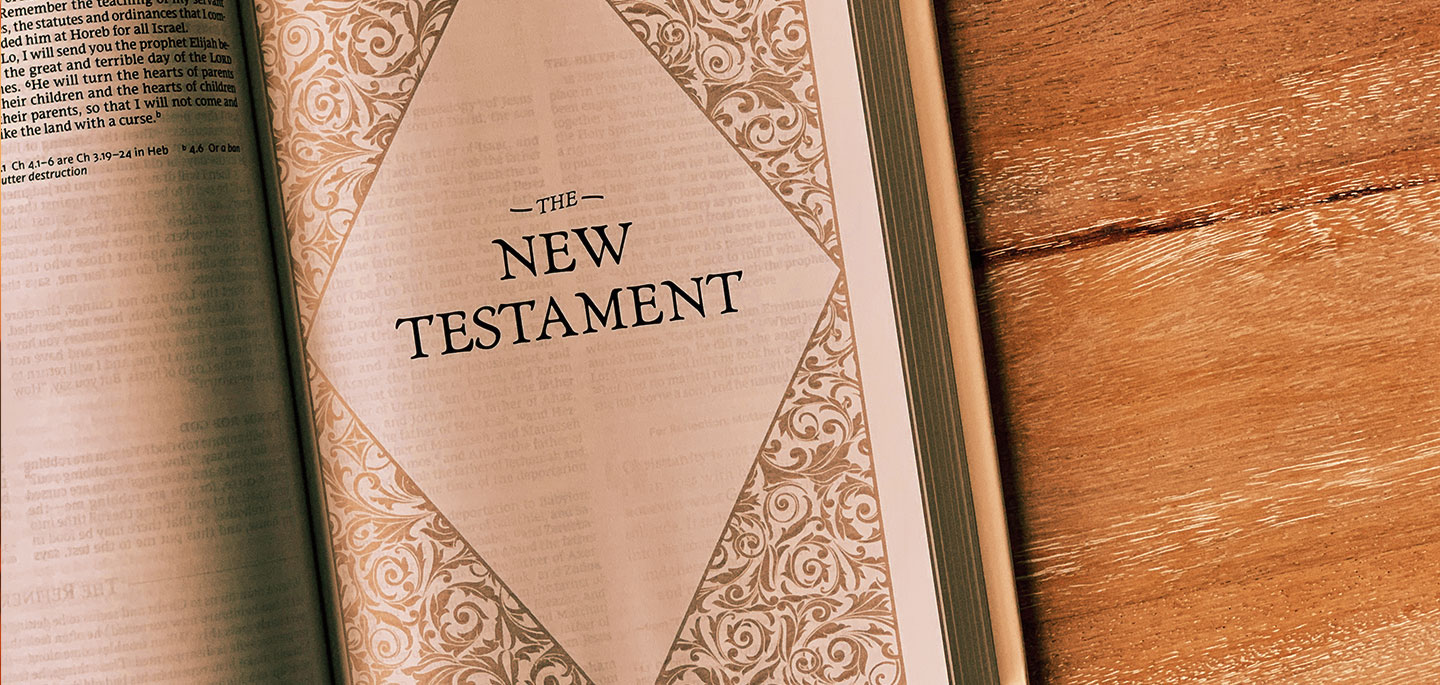God’s Perfect Plan
Have you ever looked into the eyes of a newly married couple and seen the joy and promise of a fresh start, a life journey undertaken together? This isn’t just a modern human construct but a divine plan that dates back to the very origins of humanity in the Garden of Eden.
The question that often arises is, “When did God create marriage, and why?” Let’s explore the foundation of marriage, as laid down in Genesis 2:24, and the profound significance it holds for us today.
A Union Designed in Eden
“Therefore a man shall leave his father and mother and bejoined to his wife, and they shall become one flesh.” Genesis 2:24 is more than a mere description of the marital union between Adam and Eve; it presents an eternal pattern for human relationships. Several profound insights emerge from this verse:
1. Exclusivity: The forceful Hebrew term ‘āzab (“to abandon, forsake”) emphasizes the importance of leaving behind any outside interference in the relationship. The act of “leaving” signifies the establishment of a new family, free from dependence upon parents or other influences, reflecting the exclusivity and loyalty required in the relationship. This concept was revolutionary in the patriarchal society of the time, reaffirming that both partners must leave their parents and commit solely to each other.
2. Permanence: The Hebrew verb dābaq (“to cleave”) underlines the unbreakable bond of marriage. This covenant is not just a legal agreement but an unshakable faith and devotion that transcends mere physical union. The permanence of the marriage covenant reflects the eternal bond between God and His people, manifesting in vows like, “In sickness or in health, in adversity or prosperity.”
3. Intimacy: The verse’s final action, “they become one flesh,” underscores the sacred intimacy of sexual union within the context of marriage. This intimacy transcends the physical act of coitus, representing a total transparency and connection between the partners. The one-flesh experience is an essential element of marriage, creating a deep emotional bond and fulfilling the unitive purpose of sexuality.

The Song of Songs: A Divine Commentary
The Song of Songs, often seen as an inspired commentary on Genesis 1–3, further confirms these theological insights. It celebrates a love that is free, spontaneous, exclusive, and intimate. The Song culminates in a wedding ceremony, preserving the sanctity of sexual union within marriage, underscoring that sexual intercourse alone does not constitute marriage but follows the formal marriage covenant.
The Marriage Covenant: A Reflection of God’s Love
The Edenic paradigm for marriage is not merely a historical or cultural artifact; it carries eternal truths that resonate with us today. It reflects the monotheistic nature of God, symbolizing the relationship between Christ and the Church, where love, loyalty, and faithfulness reign supreme. Just as God created humanity for fellowship with Himself, the marriage covenant calls for devotion and exclusive commitment between spouses.

As we reflect on the divine creation of marriage, it becomes clear that it is not a transient human invention but a sacred institution with profound spiritual implications. The principles of exclusivity, permanence, and intimacy are more than mere words; they are the very fabric of a loving, committed relationship that reflects God’s love for us.
Let’s embrace this divine pattern and nurture marriages between a man and a woman that echo the timeless truths found in Eden. The joy, promise, and fulfillment found in a God-centered marriage are not only a gift but a calling—a calling to mirror God’s unwavering love as we find freedom, healing, and hope in our relationships. Together, we can inspire and guide our congregations and families to embrace marriage as a reflection of divine love, ever resonating with the heartbeat of creation.
—By Sam Neves, Associate Director, Communication Department, General Conference of Seventh-day Adventists
Images: AI-generated, Freepik


